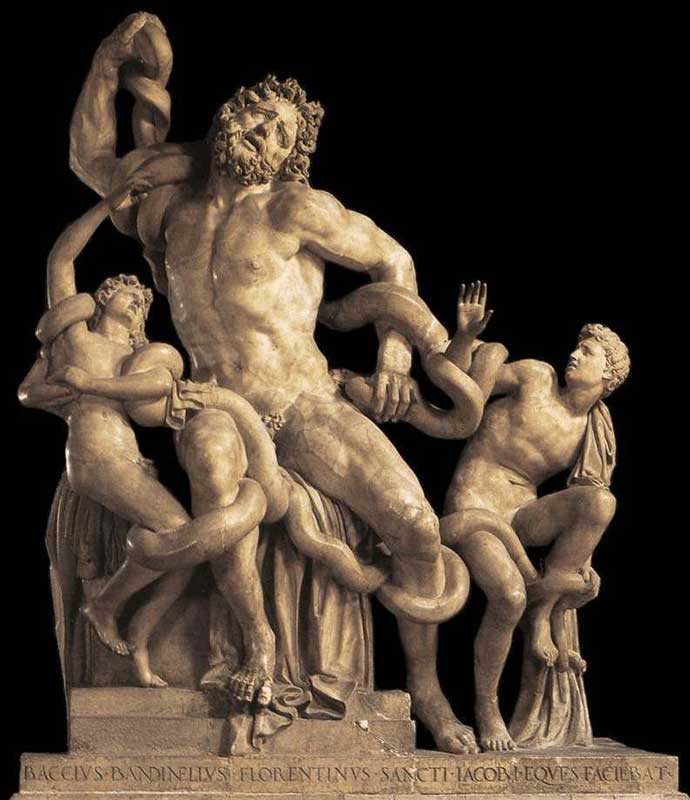
Another literal translation for our March 2nd quiz (we honestly work too hard for you kids)! Oh and please note that when there's a "/", it means there are multiple definitions for a word that may work...kinda (trying to make the meaning of the word make more sense, in essence).
483 The house inside/within appears and long hallways lie open;
484 the inner rooms of Priam (meaning the house/palace of Priam) and of the ancient kings appear,
485 and they see armed men standing on the first threshold.
486 But the interior of the house was filled with groaning and miserable confusion/uproar,
487 and deep inside the hollow hall ways howl with/because of the shrieking of women;
488 the uproar stikes the golden stars.
489 Then the terrified mothers wander (aimlessly) in the huge house
490 and they hold on to the posts/doors having embraced (them, namely the doors) and they fix kisses (on the doors)
491 Pyrrhus presses on with the power/force of his father; Not the locks nor the guards themselves
492 are strong enough to withstand; the door wavers because of a frequent (battering) ram,
493 and the posts/doors removed fall from the hinges.
494 A road is made by force; The Greeks break down the doors and having been let in they murder
495 the first men they meet and they fill the place with soldiers.
Notes on the text:
483: domus (described by intus...inside) = subj. of apparet; atria (w/ adjective longa) = subject of patescunt
484: look at apparet and apparent and recognize the ANAPHORA/ASYNDETON!; subject of apparent = penatralia; the penatrialia are take 2 genitives --> Priami (standing for Priam's palace/house), and regum (described by veterum, meaning altogether, "of the ancient kings)
485: the armatosque probably stands for the Trojans protecting Priam and his family (the Teucros); therefore, the subject of vident is most likely the Greeks (Danai, mentioned later); yet the armed men standing on the threshold could also be the Greeks w/ Pyrrhus; stantes modifies the armatosque
486: subject of miscetur = interior (nom, taking the genitive domus to mean "the interior of the house"); miscetur takes 2 ablatives: gemitu and (miseroque) tumultu
487: cavae describes the aedes; penitus = deep inside; plangoribus describes the femineis (both are ablative)
488: here, the stars reflect the burning city; aurea describes the sidera (both are acc.); subject of ferit = clamor (nom)
489: pavidae describes the matres; ingentibus describes the tectis (OMG LYKE INTERLOCKING WORD ORDER!1111! :D --> ABAB); ingentubius and tectis are both ablative; subject of errant = matres
490: the amplexaeque modifies the matres; subject of tenent = matres; obj. of tenent = postes; subject of figunt = the women, object = oscula
491: Pyrrhus's father = Achilles; subjects of valent = claustra and custodes, object = sufferre
492: the literal translation of this is shown above, but the whole battering ram thing, when cleaned up, is more like ye: with the repeated blows of the battering ram (yes, the crebro and ariete are both ablative); ianua = subj. of labat (wavers)
493: emoti modifies the postes; postes = subj. of procumbunt
494: the three word sentence is awesome; vi = ablative (like the other vi); subj. of rumpunt = Danai (the Greeeeeks), object = aditus; subj. of trucidant = the Danai again; immissi modifies the Danai
495: object of trucidant = the promosque; Greeks subj. of complent, object = loc; milite = ablative

Note: a HUGE apology from me to first period for not having this up by 2-3 a.m...


